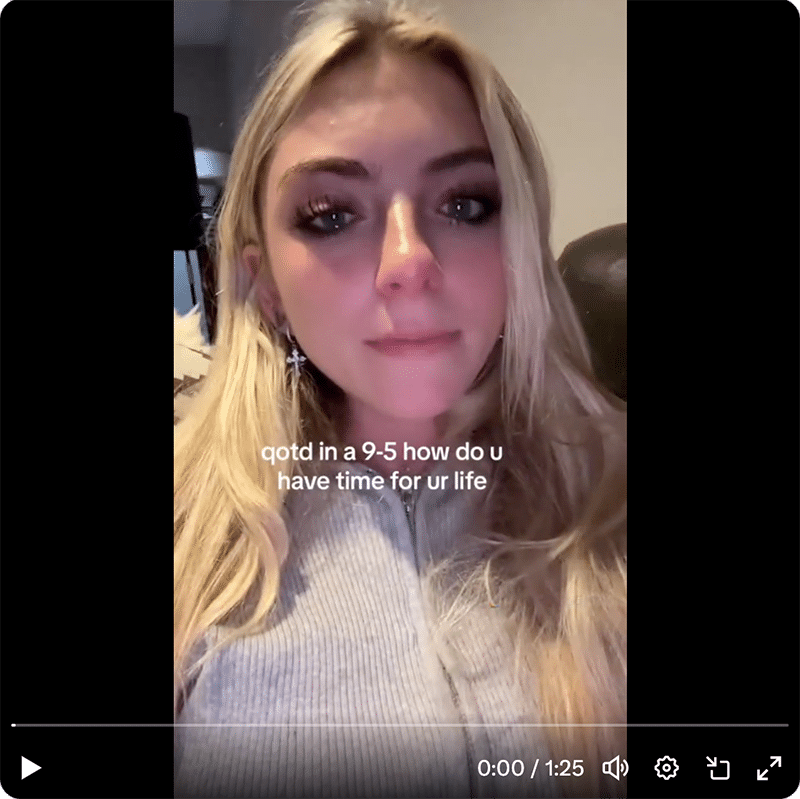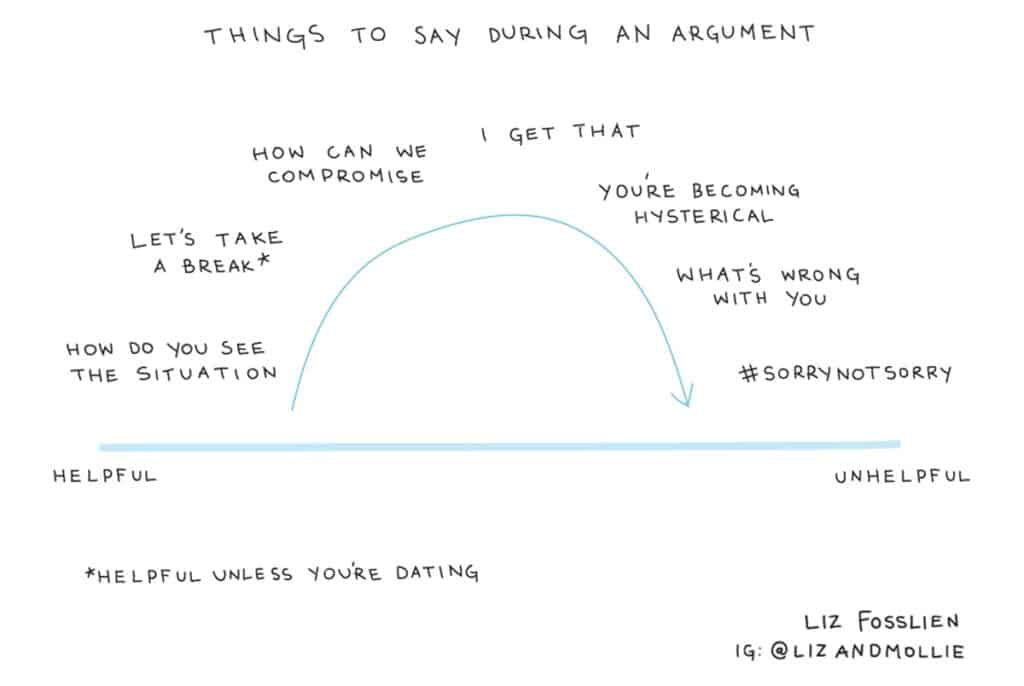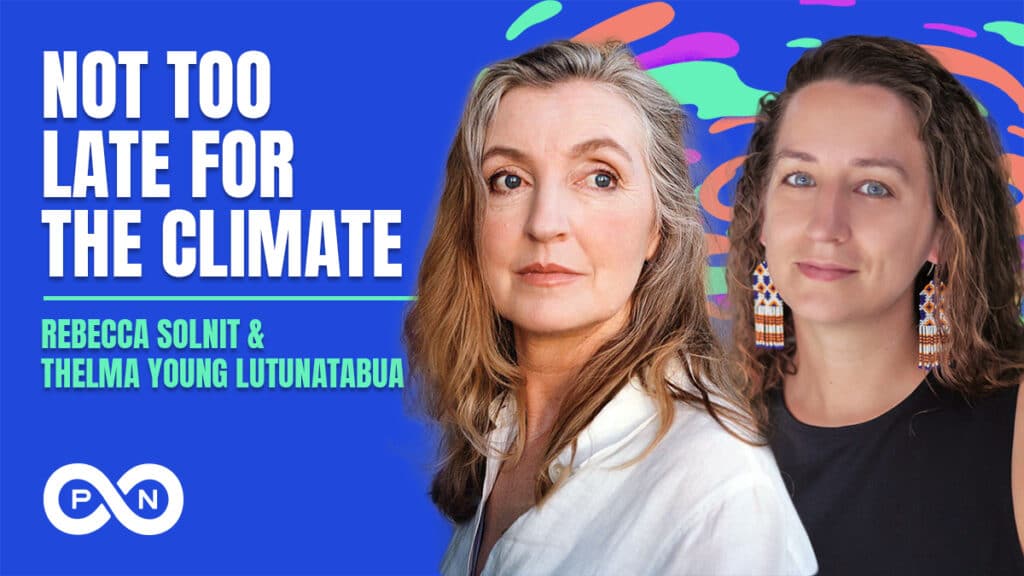Volcanoes are erupting in The Philippines, but on-fire Australia received some welcome rain. The Iran war cries have been called off and The Donald’s military powers are about to be hamstrung by the Senate. Meanwhile, his impeachment trial is starting, and we’re all on Twitter for a front-row seat.
What Could Go Right? Living the dream
As work-life expectations change, are young workers wrong to ask for more?
This is our weekly newsletter, What Could Go Right? Sign up here to receive it in your inbox every Thursday at 5am ET. You can read past issues here.
Gen Z goes to work
A couple weeks ago a TikTok video went viral. In it, a woman just out of college and working her first 9–5 job is crying. She can’t afford to live near her work, she says, so with an hour and a half commute each way she is coming to terms with the reality that she has very little time for anything else but her job.

News editor at the Mississippi Free Press, Ashton Pittman, actually broke down the math in an X thread: the hours spent working, commuting, and sleeping takes 79 percent of her day. She has 21 percent left for housework, errands, feeding herself, relaxing, and so on.
As the woman asks in the video, how do you see your friends? How do you date?
The online reaction has split into two camps. One essentially says, toughen up, buttercup. That’s the way the world is. I had to work even harder than that, and you didn’t see me crying about it.
The second was summed up by Pittman: “I can absolutely see why a young woman who’d just realized the American dream she’d been promised wasn’t what it seemed and that this is the rest of her life—and she may have to work a couple decades before she can afford to live well—would break down crying about it.”
The Gen Zers coming out of college right now got dealt a difficult hand in some ways. Rents in major cities are high. Many are facing a pile of debt. Half of their college experience was in the weird, pandemic-era world of lockdowns and Zoom classes.
That said, as the woman in the video moves up the career ladder, she is likely to find that life becomes easier, and this moment of tough adjustment will pass. She is, as many people are pointing out, privileged in that sense. She also might be no different than previous generations except for the fact that it’s now normal to post your inner life on social media. (I cried, too, when the amount of debt I owed finally hit me pre-graduation—it’s just that TikTok didn’t exist, and Instagram was still for vacation photos back then.)
But I also wonder whether she is expressing a change in work-life expectations that could count as progress. People love to say that Gen Z doesn’t want to work anymore, but I don’t think there is anything wrong with a culture of workers—both white and blue collar—that is asking for more. Just look at what the United Auto Workers was able to pull off.
Remote work opened up a world of flexibility previously unheard of in office life. The cultural zeitgeist is full of entrepreneurs, from Silicon Valley types to high schoolers hawking lip gloss on TikTok, saying that you can be successful and in charge of your own time. The four-day workweek is trendy, the labor market generally is tight, and wages and benefits are improving for low-wage workers. Why accept what previous generations did? Why not continue to push forward?
I’m sick this week with something that feels like Covid, so rather than write more, I’d love to hear from our readers about this. What do you think? What is going on in this video and the massive response to it? Hit reply and you’ll reach me on the other end.
Quick hits
- As someone who clearly remembers the switch from in-person to on-app dating, the fact that, per an Axios survey, 79 percent of college students aren’t on any dating apps at all I see as a positive development.
- A coalition of funders is putting $500 million into reinvigorating local news in the United States.
Below in the links section, hurricane-proof houses, gonorrhea-fighting drugs, high-paying jobs for women, and more.

What Could Go Right? S5 E6

Is climate discourse doomerism based on the right facts and frameworks? Are we not giving the potential of change enough credence? And where does the climate movement go from here? Today, we hear from the authors of Not Too Late, Rebecca Solnit and Thelma Young Lutunatabua, whose climate activism is deliberately removed from despair. | Listen to the episode
Progress, Please
(Found good news? Tweet at us @progressntwrk or email.)
Other good stuff in the news 🚭
Energy & Environment:
- Some houses are being built to stand up to hurricanes and sharply cut emissions, too | AP
- India’s solar adoption entering accelerating growth phase | Ember
- The big bubble curtains protecting porpoises from wind farm noise | BBC
- US solar generation has grown 12x in a decade | PV Magazine
- How America’s largest ferry system is going green | Axios
- This small Finnish city will be carbon neutral in just a few years | Fast Company
Public Health:
- The Covid-19 vaccination campaign saved 2.4M lives in 141 countries, researchers say | Futurity
- A new gonorrhea drug was developed by a non-profit foundation | The Economist
- Tobacco, e-cigarette use declines among US high schoolers, report shows | Axios
- As billions roll in to fight the US opioid epidemic, one county shows how recovery can work | AP
- Scientists in Brazil are developing the first vaccine that could help break cocaine addiction | Euronews
Science & Tech:
- Electric planes, once a fantasy, start to take to the skies | The New York Times
- ‘Super melanin’ heals skin injuries from sunburn, chemical burns | Northwestern Now
- The floating desalination machines powered by the waves | BBC
Politics & Policy:
- Austin becomes largest US city to drop minimum parking requirements | The Texas Tribune
- A drop in American gun violence | The New York Times
- Legislation expanding gun restrictions for domestic abusers clears Michigan House | Michigan Advance
- Biden administration investing $653M in ports to improve supply chains, keep costs down | The Hill
Society & Culture:
- Women have gained ground in the nation’s highest-paying occupations, but still lag behind men | Pew Research Center
- A new push for divorce in the Philippines, a nation where it’s illegal | The New York Times
TPN Member originals 🧠
(Who are our Members? Get to know them.)
Israel-Palestine:
- When peace is the biggest enemy | Ruth Ben-Ghiat
- Will the Middle East war cost Biden politically? | Ian Bremmer
- The two things worrying US military officials about Israel and Hamas | Thomas L. Friedman
- Israel’s two wars | Matthew Yglesias
- British-Israeli journalist Anshel Pfeffer on Israel and the war in the Middle East | Yascha Mounk
- Short-form war | Scott Galloway
The Rest:
- How to stay sane in brutalizing times | David Brooks
- The trap of the overprotected childhood | John McWhorter
- Three paths toward the meaning of life | Arthur C. Brooks
- The #1 phrase to unlock potential | Adam Grant
- Vocational education is male-friendly learning | Richard V. Reeves
- Sam Bankman-Fried found guilty | Isaac Saul
Department of Ideas 💡
(A staff recommendation guaranteed to give your brain some food for thought.)
Do you know where your kids go every day? | After Babel
A Zoomer explains her generation’s malaise to older generations
Why we picked it: Since we’ve already hit on Gen Z perspectives today, here’s another. This one from author and columnist Rikki Schlott, who aims to untangle her generation’s fraught relationship with social media and smartphones, and to offer solutions to parents. —Brian Leli
Until Next Time
Rainbow Road is real and being used to prevent driver fatigue in China. We hope it’s easier to navigate than the Mario Kart course. 🏎️


